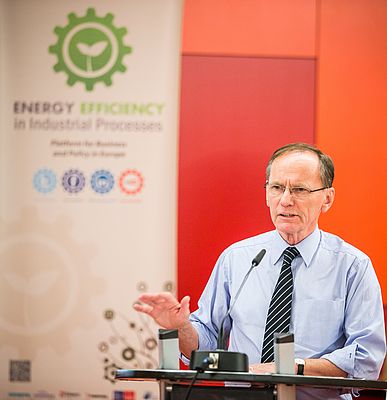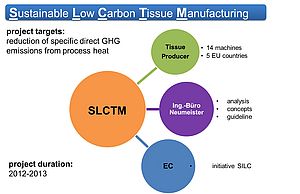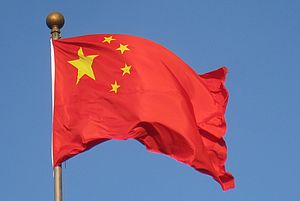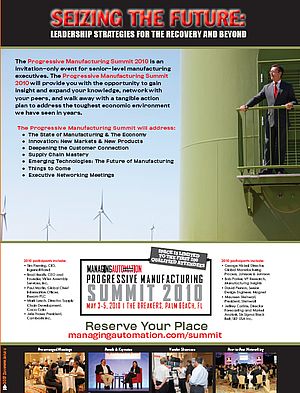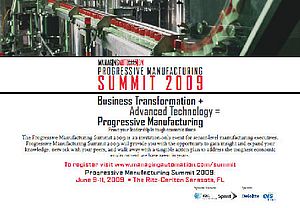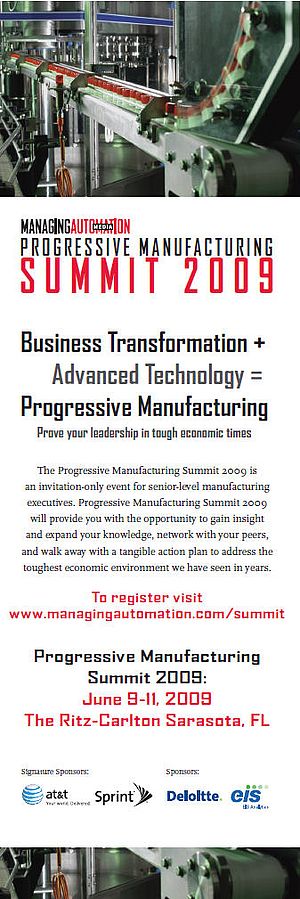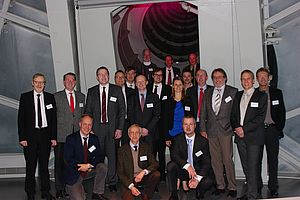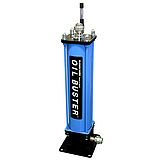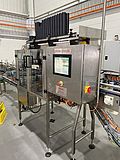Industry leaders must be finding the current policy environment in Europe a tad confusing. Everyone is worried about Europe’s competitiveness yet industry represents a much smaller share of economic output than it did two or three decades ago. Our economies have been restructured to focus more on services, whether they are financial services or tourism. Within the industrial sector, there has been a shift away from heavy industry, in large part because energy has become increasingly expensive and other countries have been willing to expand them. The EU has a current policy aim to improve competitiveness through the “transition to a more sustainable, inclusive and resource-efficient economy” supported by horizontal and sectoral policies at all levels.
So much for the context.
There is much hand wringing about competitiveness because there is concern Europe is sliding backward. Many Europeans look wistfully at America with its cheap natural gas due in large part to the exploitation of shale gas (and lower taxes). Europeans also realise that the environmental regulations are much more stringent in Europe than in most other regions globally.
Are we in search of a problem? Is Europe’s industry in need of a serious boost of improved competitiveness? Should the industry sector expand, meaning that it will also be an engine of economic growth with increased jobs and an improved balance of trade?
Undoubtedly, there are many problems to address, exacerbated by the current long-lasting financial crisis. This has made people question everything from globalisation to free trade to global and regional environmental obligations. There is a cacophony of complaints and of solutions. This “noise” makes it a difficult policy environment in order to build (or re-build) a long-term sustainable framework that the EU calls for.
One of the main themes is innovation and in a dynamic environment. No doubt innovation is important, whether it be in products and services offered or in how we make those products and provide those services. Innovation is a default position for any successful enterprise. As Michael Porter wrote in the Harvard Business Review: “A nation’s competitiveness depends on the capacity of its industry to innovate and upgrade.”
Sometimes there is simply a need to get back to basics and do as boy scouts would do – be prepared. What does that mean? Basically, companies need to reduce unnecessary expenses and the first place to look is in how they use energy. Energy supplies are expensive, with oil no longer anywhere near $10 a barrel equivalent. Yet, recent estimates show that our waste is as bad as when energy was so cheap. This defies logic. Those days are over.
While industrial energy efficiency policies may have been on the back shelf for years, they no longer are. The EU has improved the policy framework for industrial energy efficiency with mandatory energy audits for large companies and help for promoting energy management systems for all sizes of companies. Financing has been a problem, but banks such as the European Investment Bank are developing financial packages to focus on improved energy efficiency. Yet, there is capital around that is available for investment. Many investment funds are having a hard time “giving the money away.”
Is it simply a question of companies being risk averse or overly cautious? It shouldn’t be. The greatest risk is in not being cost efficient, leading to much weaker competitiveness. This is the perfect time to be prepared. Improving energy efficiency does not answer all problems, but it starts the ball rolling. It also starts the search for new opportunities and provides many co-benefits. Energy efficiency is not an end in itself, but it is a means to an end.
For Europe’s industry, being prepared for the next economic upturn is fundamental and building resilience for any economic twist up or down is a fundamental element of greater sustainability.


